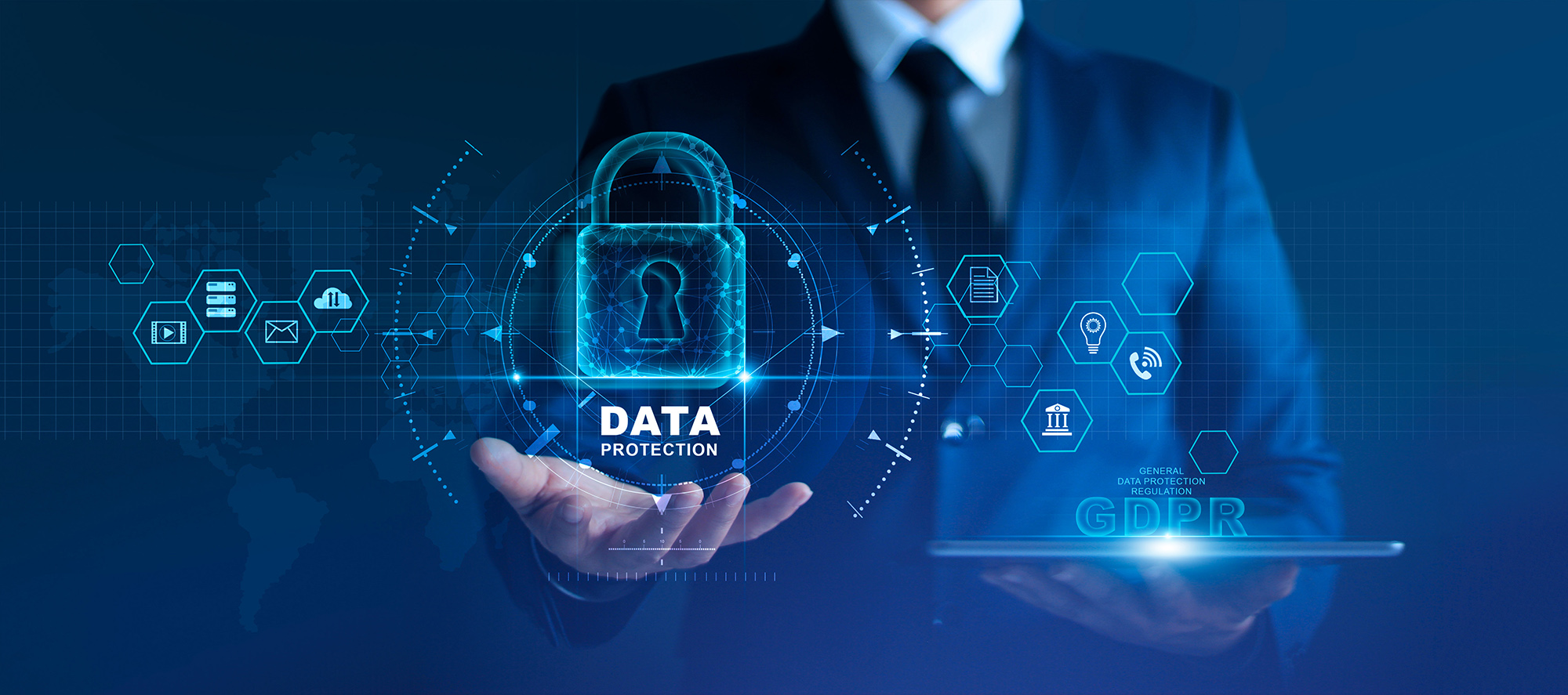

January 28th is officially marked as Data Privacy day. It is an international event which is observed for the purpose of creating awareness for privacy and data protection. This was initiated by the Council of Europe which is why Europe has the best laws in place for data protection. After observing this other countries started implementing their own data protection rules and regulations.
Originally the reason for introducing these policies was to educate businesses as well as users about the importance of protecting their data and personal information online, especially while using social media. Now, the blog is not on the history of this particular day. You can find plenty of information on this by simply asking your trustworthy friend ‘Google’.
Ever since COVID-19 hit us our children (whether we like it or not) are spending more time in front of their laptops/ iPads and so online. A lot of parents allowed their children to start their own YouTube channels, Instagram, Facebook etc accounts. Kids saw this opportunity to connect with their friends and make fun content. Parents saw this as an outlet for their kids to exhibit their creativity, have some supervised fun online and also as an activity for their kids while being homebound.
I run a robotics and STEAM based institute for kids. It got me thinking if our children are spending more time on social media now than they were before, are they being taught about personal data privacy and protection? As parents and caregivers we are always trying our best to protect our kids and shelter them from the bad in the world. But, the truth is we can not spend each and every minute of our day following them around.
However, with freedom comes responsibility. Our responsibility is to learn about data privacy and teach it to our young generation as well. Some of the steps that we can take are:

- If your child has an account on any social media outlet review the privacy settings with them.
- Make sure your kids are not online unsupervised.
- Go through the settings of their email accounts, devices etc with them.
- Have a family’ tech talk’ and discuss how you can protect your personal information online.
- Teach them the importance of having strong protected passwords.
- Emphasize on how to identify fraudulent websites.
- Google and many websites give us an option of linking children’s accounts with ours which allows the parent to monitor the child’s online activities.
The National CyberSecurity Alliance has great resources on how to be protected online and how we can become more involved. I highly recommend visiting their website and learning more: https://staysafeonline.org/

We’re spending more time online and there is absolutely no doubt that this will significantly increase.
So why not start today and educate ourselves as well as our kids and community members to be more alert and responsible while enjoying ourselves online.

Was surely an informative piece of writing. 👍